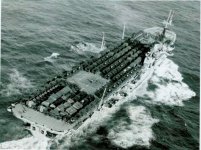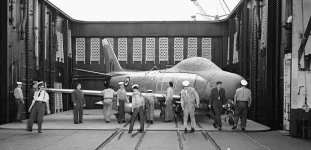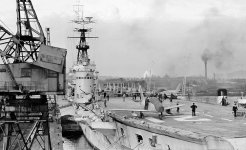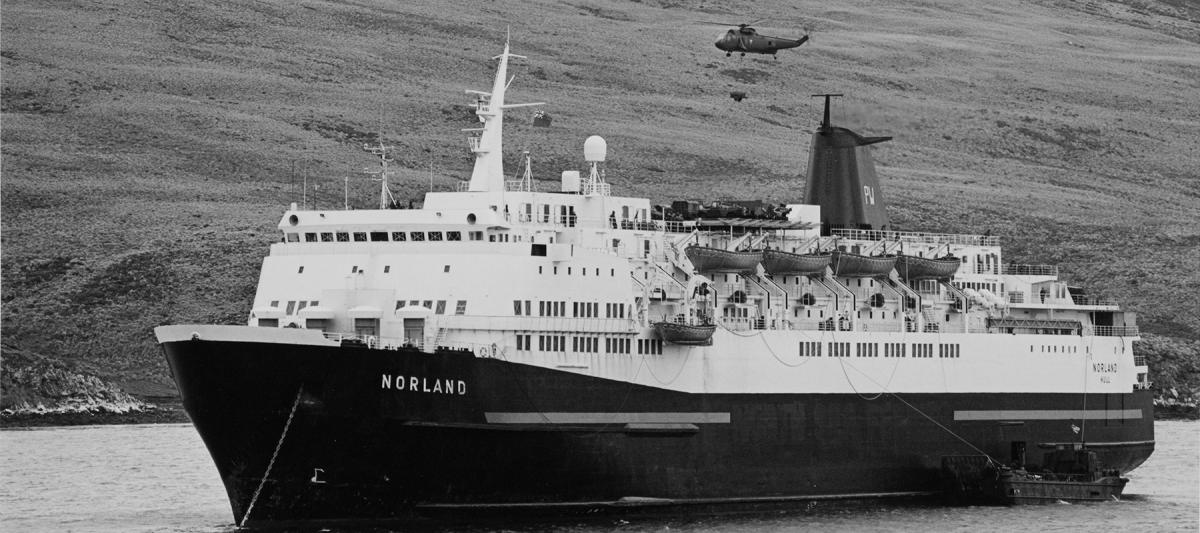Oldgateboatdriver
Army.ca Veteran
- Reaction score
- 2,579
- Points
- 1,010
So RCN is not looking to move back towards peer conflict in Europe? I distinctly remember RCN distinguishing themselves by keeping SLOCs open and moving large amounts of equipment by sea...
Keeping the SLOCs open: Yes.
Moving large amounts of equipment by sea: No. The merchant service does that. The only time the RCN did this was for the Suez Canal crisis when they turned MAGNIFICENT into an Army vehicles parking lot - at the expense of the Air Group, I might add.






